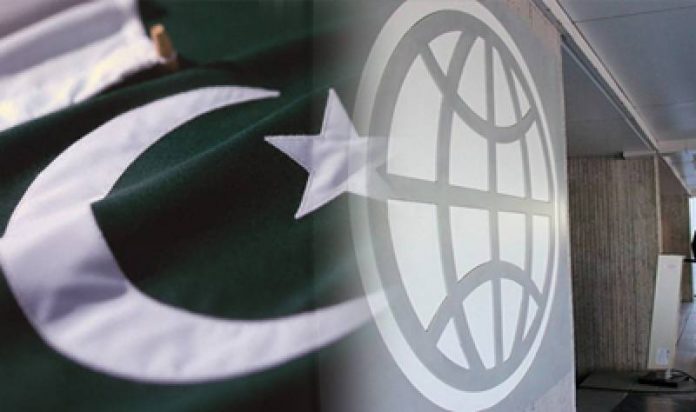ISLAMABAD: Though the World Bank (WB) will be issuing its ranking on the ease of doing business next month, Pakistan in its drive to improve its rankings in the index, has neglected the taxation issues which may further affect the position of the country. Pakistan was ranked at 147 in WB’s popular ease of doing business (EODB) index in 2018, three numbers below its rank of 144 in the index of 2017.
Though the ministry of finance, after a further decline in Pakistan’s ranking had assigned all Board of Investments (BOIs) to take measures for improving the position in the next index of WB, but BoI’s have also failed to bring changes in the existing tax system, a major step needed to facilitate business activities in the country.
Soon after the shameful ranking of the country, the previous government had identified 62 initiatives to improve financial freedom in the country with an aim to improve Pakistan’s ranking to 50 in the next three years. The BoI along with provincial BOIs (BoI Punjab and BoI Sindh) had also submitted some compliance reports to a steering committee and shared the progress in reforms with WB to improve the country’s ranking in the next doing business index.
The World Bank’s Doing Business flagship report uses 11 indicator sets to measure aspects of business regulation that matter for entrepreneurship. The indicators include starting a business, dealing with construction permits, getting electricity, registering property, access to finance, protecting minority investors, paying taxes, trading across borders, enforcing contracts, resolving insolvency and labour market regulations.
According to sources at BoI, a numbers of steps were taken by the provincial BoI’s during a 100-day spring program set to carry out reforms and improve the ease of doing business, however, important subjects including the taxation issue, having involvement of Federal Board of Revenue (FBR), provincial revenue boards and various authorities remained untouched.
“With the political uncertainty, change of government and election in the country, the entire process of reforms has been halted. The drive of improving the environment for doing business in the country may be restarted by the new government,” said an official at BoI.
“Though we are expecting an improvement in Pakistan’s ranking in WB’s index for 2019, the country may still be far away from some developing countries including India in the next index. Unfortunately, WB’s survey was completed in March and April of this year while a number of measures were taken for improving ranking later,” said SBI chairperson Naheed Memon while talking to Pakistan Today. She admitted that taxation was one of the major areas where Pakistan failed to bring reforms required to facilitate business activities, especially for new entrants and startups.
As per a survey of the Sustainable Development Policy Institute (SDPI), under the existing taxation system, several start-ups are unable to meet the high compliance costs of taxation (e.g. each province in Pakistan has a different tax regime). Besides, as start-up expands, the burden of tax compliance also increases (e.g. several companies are unable to hire a fleet of accountants only to perform the task of filing taxes on a monthly basis); and a complex system of sales tax, customs and regulatory duties has prevented start-up companies to become exporting entities.
Apart from multiple taxations by both centre and provinces, the withholding taxes, even on export proceeds, are against the principles of a progressive fiscal regime.
According to sources, currently, Pakistan has 68 withholding provisions – many of which are not even understood by the most experienced tax officials, in turn resulting in arbitrary levies. Several withholding taxes which lead to an increase in the cost of doing business in Pakistan are not found in regional or peer economies. These include withholding taxes on exports, cash withdrawals, utilities like electricity and telephone, profits from banking deposits, and contracts.
As compared to Pakistan, India has reduced taxes besides introducing further reforms in the taxation system during the last year, which may help the country to improve its ranking in the WB index. India is now among the top 100 nations in terms of business friendliness among 190 countries.
























